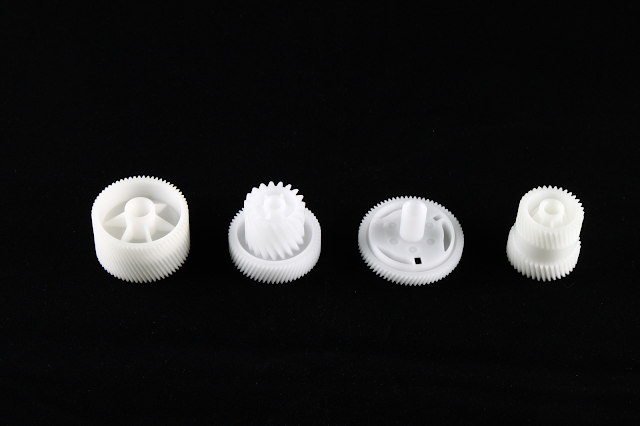Understanding CNC Machining: Precision Manufacturing at Its Best
CNC machining, short for Computer Numerical
Control machining, is a manufacturing process that uses computerized controls
to operate tools like drills, lathes, and mills. It’s widely used in industries
such as automotive, aerospace, electronics, and medical device manufacturing,
thanks to its ability to produce highly precise and consistent parts.
How CNC Machining Works
At the heart of CNC machining is a
digital design, typically created using CAD (Computer-Aided Design) software.
This design is then converted into a set of instructions using CAM
(Computer-Aided Manufacturing) software. These instructions guide the CNC
machine's tools to cut, shape, or drill the material into the final part with
exact specifications.
The process can be used on a variety of
materials, including metals (like aluminum, steel, and titanium), plastics,
wood, and composites. CNC machines operate with extreme accuracy, often
achieving tolerances within thousandths of an inch.
Types of CNC Machining
Milling: Rotating tools remove material from a
stationary workpiece. Ideal for creating complex shapes.
Turning: The workpiece rotates while a cutting
tool removes material. Common for cylindrical parts.
Drilling: Produces holes of various sizes with
precision.
EDM: Uses electrical sparks to shape hard
materials.
Benefits of CNC Machining
1. High Precision and Repeatability: Perfect
for applications requiring tight tolerances.
2. Scalability: Suitable for both prototyping
and full-scale production.
3. Efficiency: Automated process reduces manual
labor and minimizes errors.
4. Material Versatility: Can handle a wide
range of materials for various applications.
5. Fast Turnaround: Rapid production with
minimal setup time.
Applications
CNC machining China is used to create everything from custom
engine parts to surgical instruments. Its versatility makes it essential in any
industry that requires detailed, reliable components.
Conclusion
CNC machining services offer a powerful combination of speed, accuracy, and flexibility. Whether you're producing one-off prototypes or thousands of production parts, CNC technology delivers consistent quality and precision, helping manufacturers stay competitive in a demanding global market.





Comments
Post a Comment